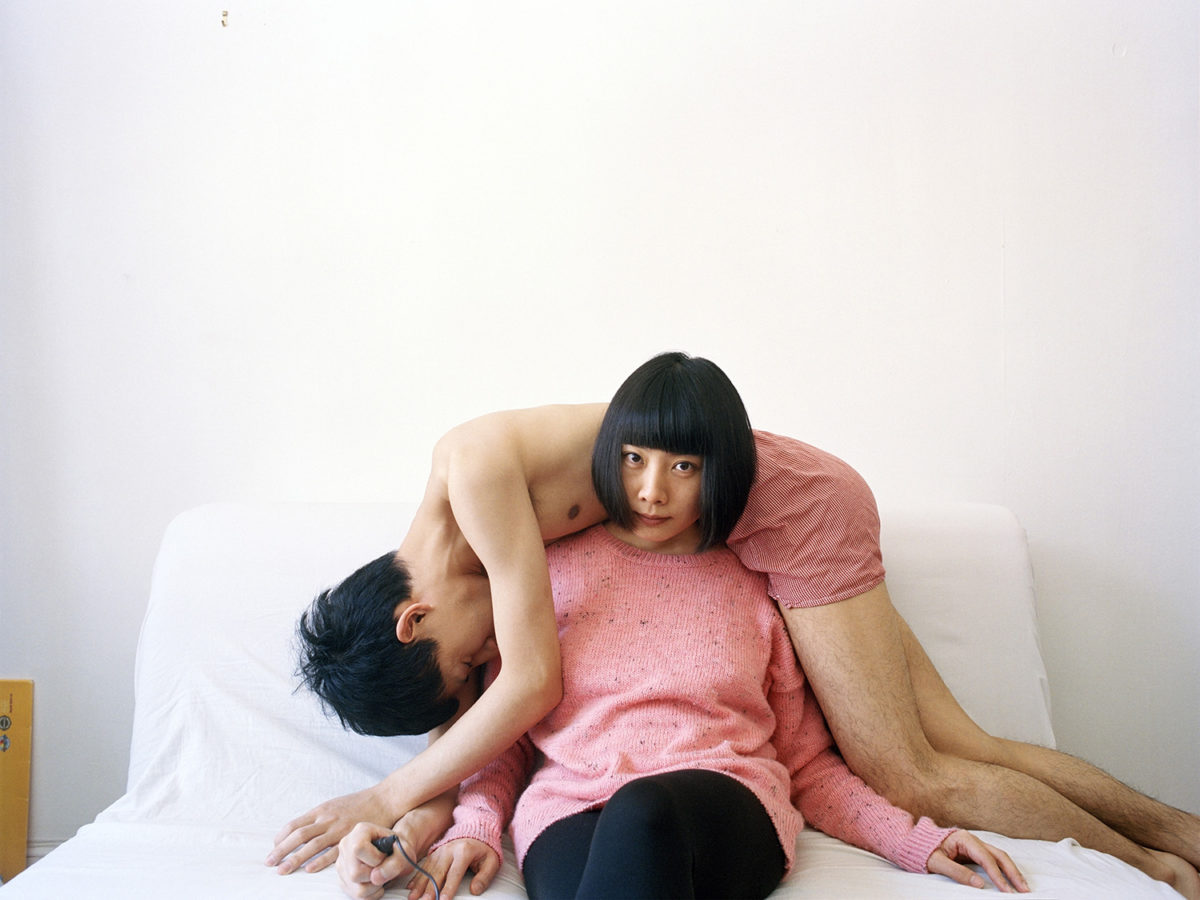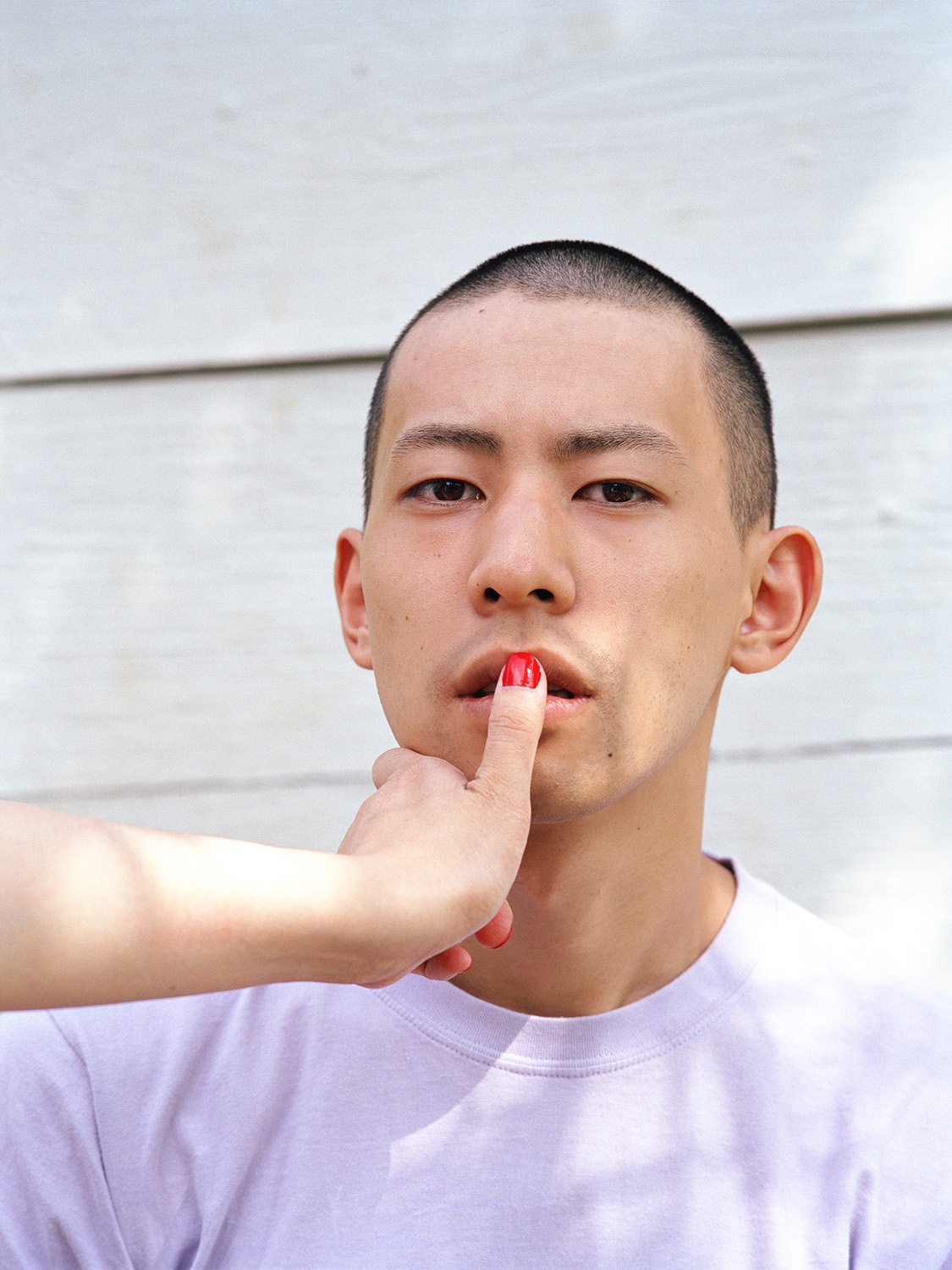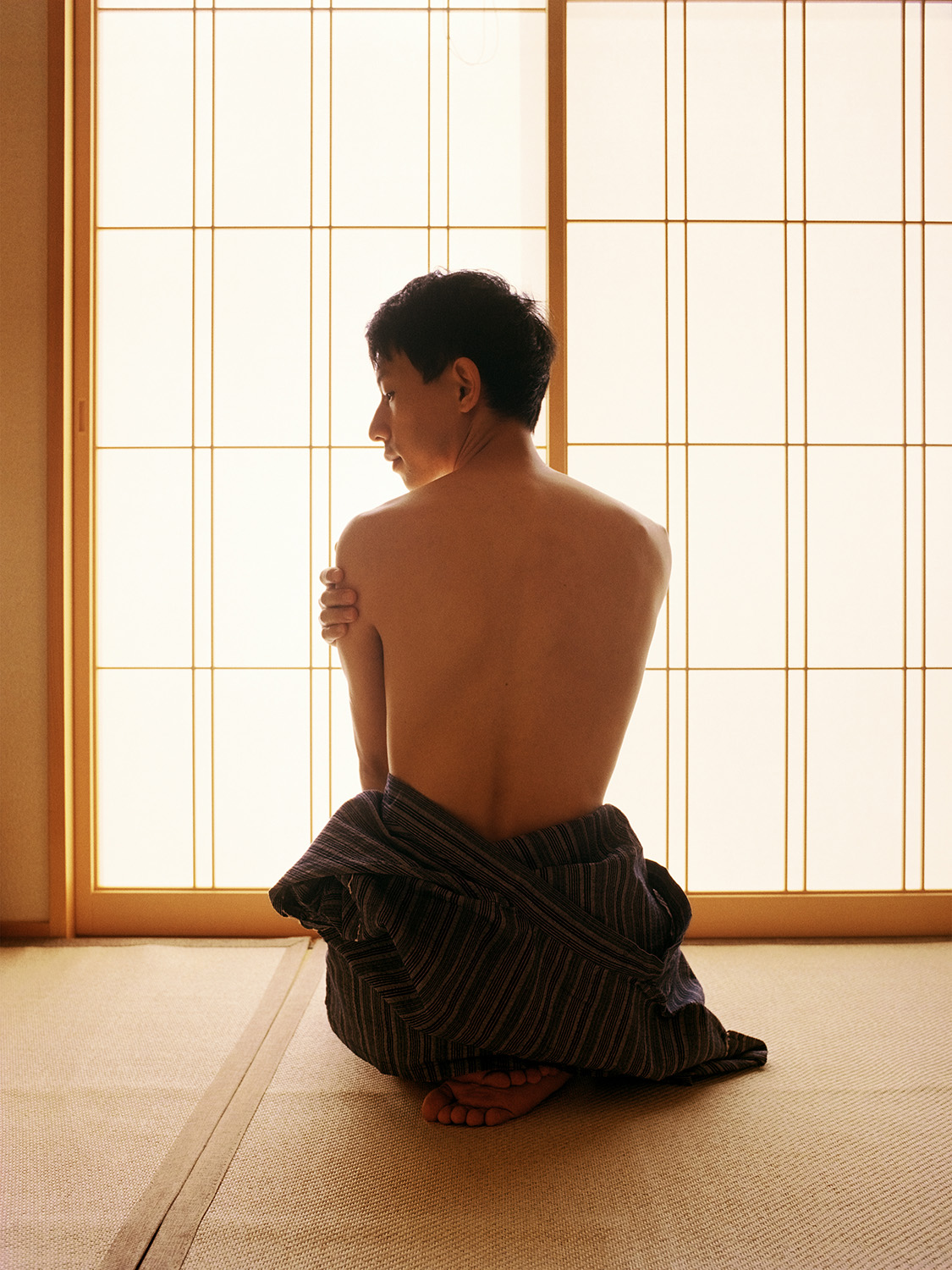Become a Photoworks Friend
Becoming a Photoworks Friend is the only way to receive a Photoworks Festival in a Box. Join now to get yours as well as a range of year round exclusive content, opportunities, invites and 20% off in our online shop.
JoinPhotoworks Opportunities
Keep up to date with our latest opportunities as well as ways to learn more about how to get involved with and support our work.
Become a Photoworks Friend
The only way to receive Annual 26 & get exclusive access to our events, content and a 20% shop discount
Join


